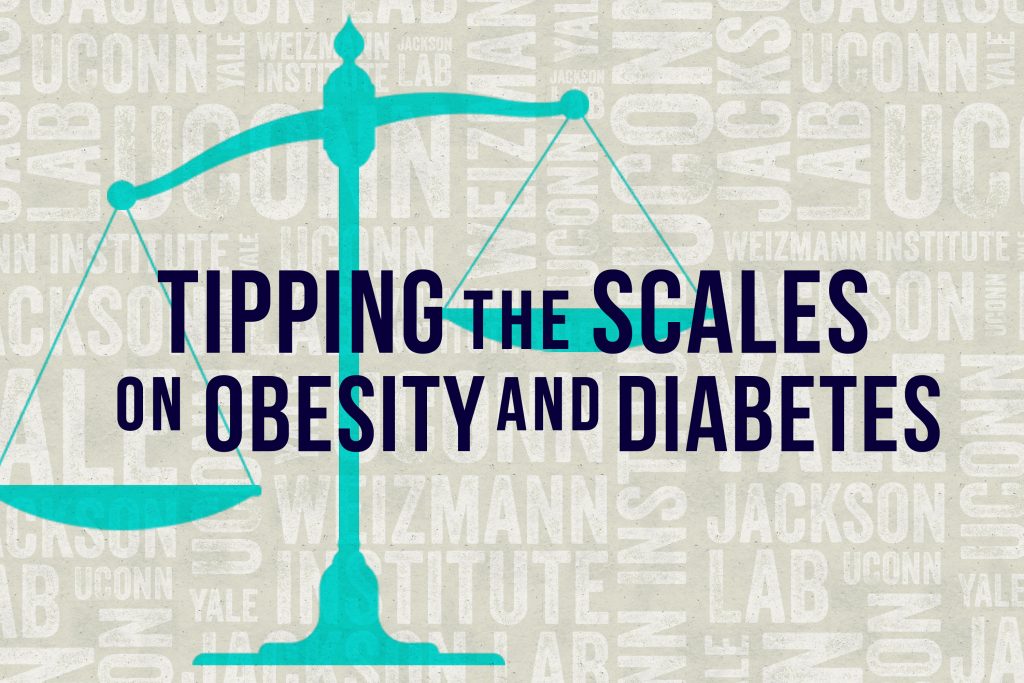Rudd Center
Food Advertising to Kids Still Promotes Unhealthy Foods
Although the overall number of food-related ads kids see is down, the majority of the ads still promote unhealthy foods and beverages.
June 13, 2017 | Daniel P. Jones, UConn Rudd Center for Food Policy and Obesity
Race and Gender Affect Response to Weight Stigma
A new study from the UConn Rudd Center found that Hispanic women were the most likely to engage in disordered eating behavior as a result of experiencing stigma about their weight.
June 8, 2017 | Daniel P. Jones, UConn Rudd Center
Weight-Based Teasing Has Long-Term Impact
Adolescents who are teased about their weight are more likely to have weight-related health consequences as adults, according to a new study.
May 3, 2017 | Combined Reports
Parents Concerned About Unhealthy Food Marketing to Children
A new study shows that actions to demand improvements would be most welcomed in communities of color, where children are also exposed to greater amounts of unhealthy food marketing.
April 19, 2017 | Daniel P. Jones, UConn Rudd Center
Weight-Based Stigma an Obstacle to Sustaining Weight Loss
A new study from the UConn Rudd Center suggests that internalized negative weight-based attitudes in particular undermine personal efforts to sustain weight loss.
March 7, 2017 | Daniel P. Jones, UConn Rudd Center
Sugary Drink Sales Drop After Community Campaign
A three-year public health campaign to encourage people to consumer fewer sugary drinks led to a drop in sales of those drinks by nearly 20 percent.
March 6, 2017 | Daniel P. Jones, UConn Rudd Center
How to Reduce Weight Stigma? Ask Those Who Know Best
In a new UConn study, women with obesity identify potential remedies, placing priority on the workplace, schools, and healthcare settings.
February 8, 2017 | Daniel P. Jones, UConn Rudd Center
Black Kids Exposed to Even More Junk Food Ads than White Kids
An increase in the number of ads aired per hour of TV viewing impacted black youth more than white, according to a new UConn Rudd Center study.
December 16, 2016 | Daniel P. Jones, UConn Rudd Center
Baby Food Ads Often Contradict Health Experts
Marketing messages may lead parents to think food and drink for very young children is healthier than it really is, says a new study from the UConn Rudd Center.
November 1, 2016 | Daniel P. Jones, UConn Rudd Center
State’s Leading Institutions Launch International Effort to Advance Metabolic Research
UConn, Yale University, and the Jackson Laboratory linked with Weizmann Institute of Science in Israel to collaborate on projects that swiftly move investigations into clinical application and commercialization.
October 27, 2016 | Combined Reports









